A shareholder agreement is a legally binding contract between the shareholders, and directors, of a company that outlines their rights, obligations, and the manner in which the company will be managed and operated. It serves as a comprehensive document that governs the relationship between shareholders and helps establish a framework for decision-making and dispute resolution within the company. The agreement is typically entered into voluntarily by the shareholders and is not required by law, but it can provide significant benefits and protections for all parties involved.
Here are ten key points to know about a shareholders agreement:
Shareholders’ Rights and Obligations: The agreement outlines the rights and obligations of each shareholder, including voting rights, decision-making authority, and responsibilities within the company.
Share Transfer Restrictions: The agreement may include provisions that restrict the transfer of shares, such as requiring prior approval from existing shareholders or imposing limitations on sales to specific individuals or entities.
Decision-Making Processes: The agreement defines how major decisions are made within the company, including procedures for board and shareholder meetings, voting thresholds, and the resolution of deadlocks.
Management and Governance: It outlines the roles and responsibilities of directors, appointment and removal procedures, and mechanisms for the overall management and governance of the company.
Minority Shareholder Protections: The agreement may include provisions to protect the rights of minority shareholders, such as requiring a supermajority vote for certain actions or providing mechanisms for dispute resolution and buyouts.
Dividends and Distributions: It sets out rules and guidelines for the distribution of profits, including the payment of dividends and the reinvestment of earnings.
Non-Compete and Confidentiality Clauses: The agreement may include clauses that prevent shareholders from engaging in activities that compete with the company or disclose confidential information.
Dispute Resolution Mechanisms: It establishes procedures for resolving disputes among shareholders, such as mediation, arbitration, or other alternative dispute resolution methods, to avoid costly litigation.
Valuation and Buyout Provisions: The agreement may include mechanisms for valuing shares in the event of a dispute or upon the occurrence of specific events, along with provisions for the buyout of shares under certain circumstances.
Duration and Termination: The agreement specifies the duration of its validity and the conditions under which it can be terminated or amended, providing flexibility for changes in the future.
It’s important to note that the specific provisions and details of a shareholders agreement may vary depending on the unique circumstances and requirements of the company and its shareholders. It is advisable to seek professional legal advice when drafting or entering into a shareholders agreement.



